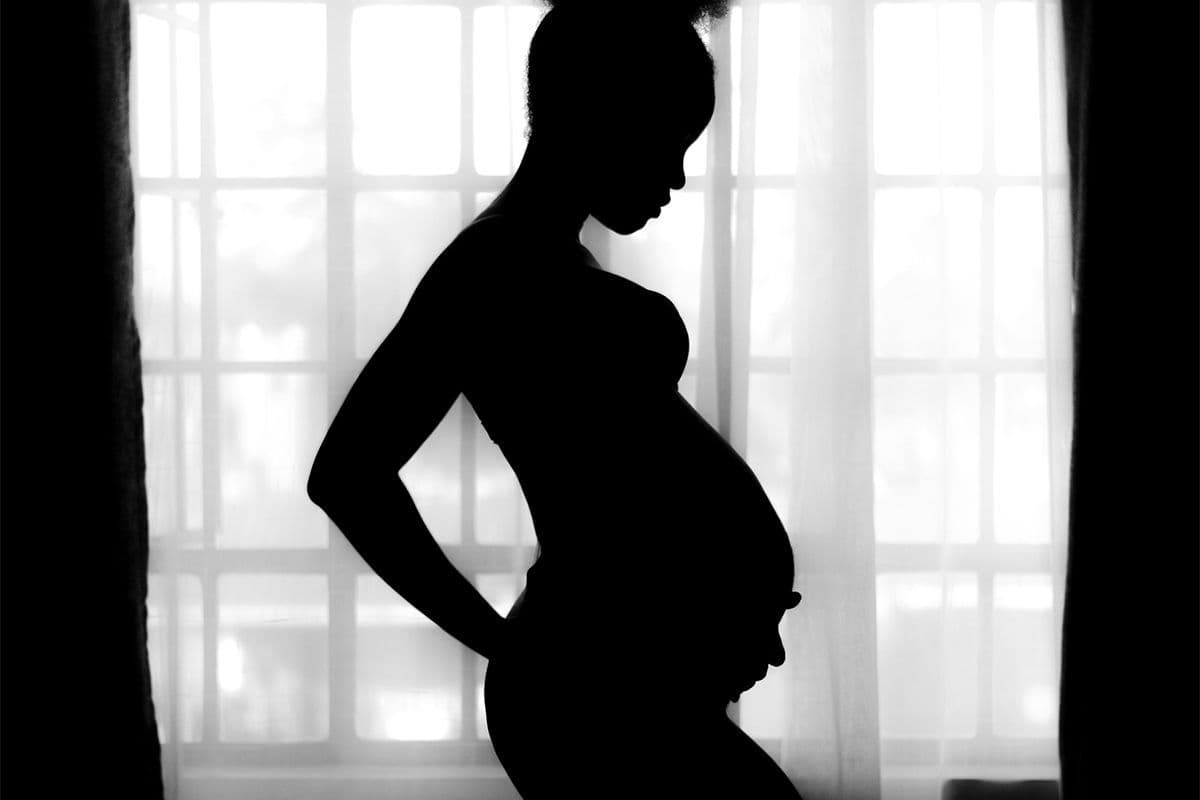16 Weeks Pregnant
Your Baby
By the start of the 4th month, you may start feeling movements. These initial movements may only feel like flutters but they are the fetus moving around. Fetal bones are hardening now so movements that have been occurring for weeks can now be felt. The legs are longer than the arms at this point so most movements are kicks, not punches. Fingernails and toenails continue to grow with some growing so long in utero they need to be trimmed in the hospital after birth.
For a single fetus, length is about 5 inches and weight is 5 ounces. Twins start to develop a bit more slowly and will only measure about 4 inches and 4 ounces each.
Your Body
As blood volume increases so do pregnancy hormones like estrogen. Estrogen can inflame and swell nasal passages leading to stuffiness and nosebleeds. The heart will work harder now to pump the extra blood through the body. Ligaments will continue to stretch, which may continue to cause some pain in the abdominal area.
Between the 16th and 18th week, doctors will schedule an amniocentesis if one is necessary. Amniocentesis requires drawing a bit of amniotic fluid from the fetal sac to test for chromosome abnormalities. In some cases, the testing is voluntary and in others highly suggested by the doctor.
Your anatomic ultrasound should be scheduled around 20 weeks. If the doctor is recommending an amniocentesis, discuss the potential risks and benefits associated with the test. In order to draw amniotic fluid, a small hole is poked into the amniotic sac. Rest assured that the risks from an amniocentesis are very low.
Women pregnant with multiples will tend to experience swelling earlier than women who are carrying just one baby. Waist expansion also occurs far more rapidly.
Dad
Thinking ahead is a great idea at this point. Expecting fathers should start thinking about assuring financial safety for the family by acquiring life insurance and having a will drafted.
Tips For This Week
As your belly grows, you may start to worry about stretch marks For women who started the pregnancy at a normal weight, stretch marks are not a problem that can be solved with a special diet or cream. If they still happen, the body was likely genetically predisposed to have stretch marks. Being pregnant and overweight increases the chances of having stretch marks during pregnancy and after birth.









